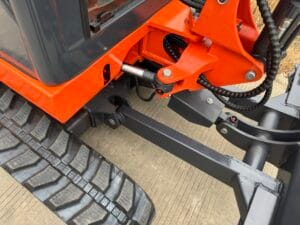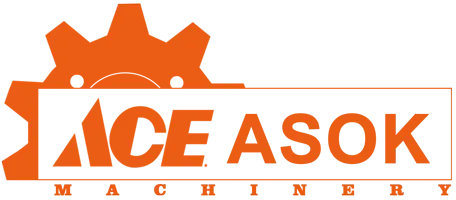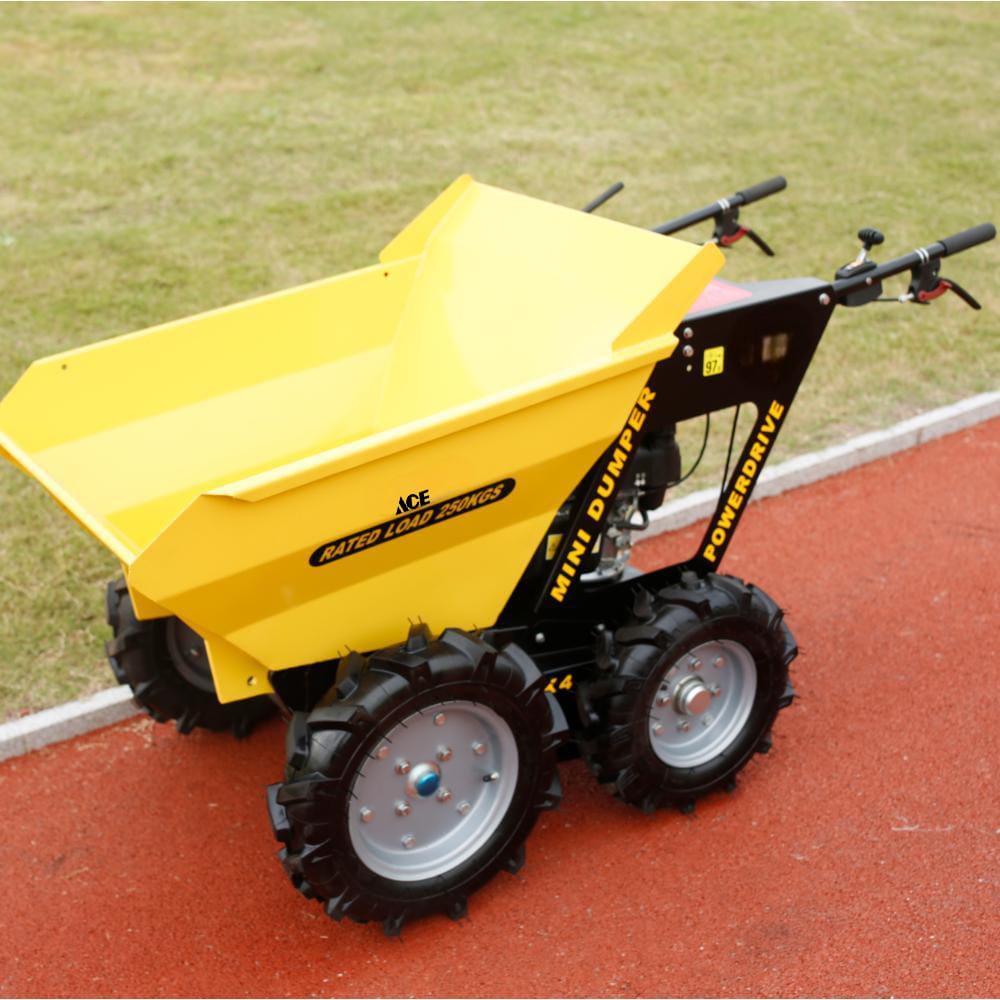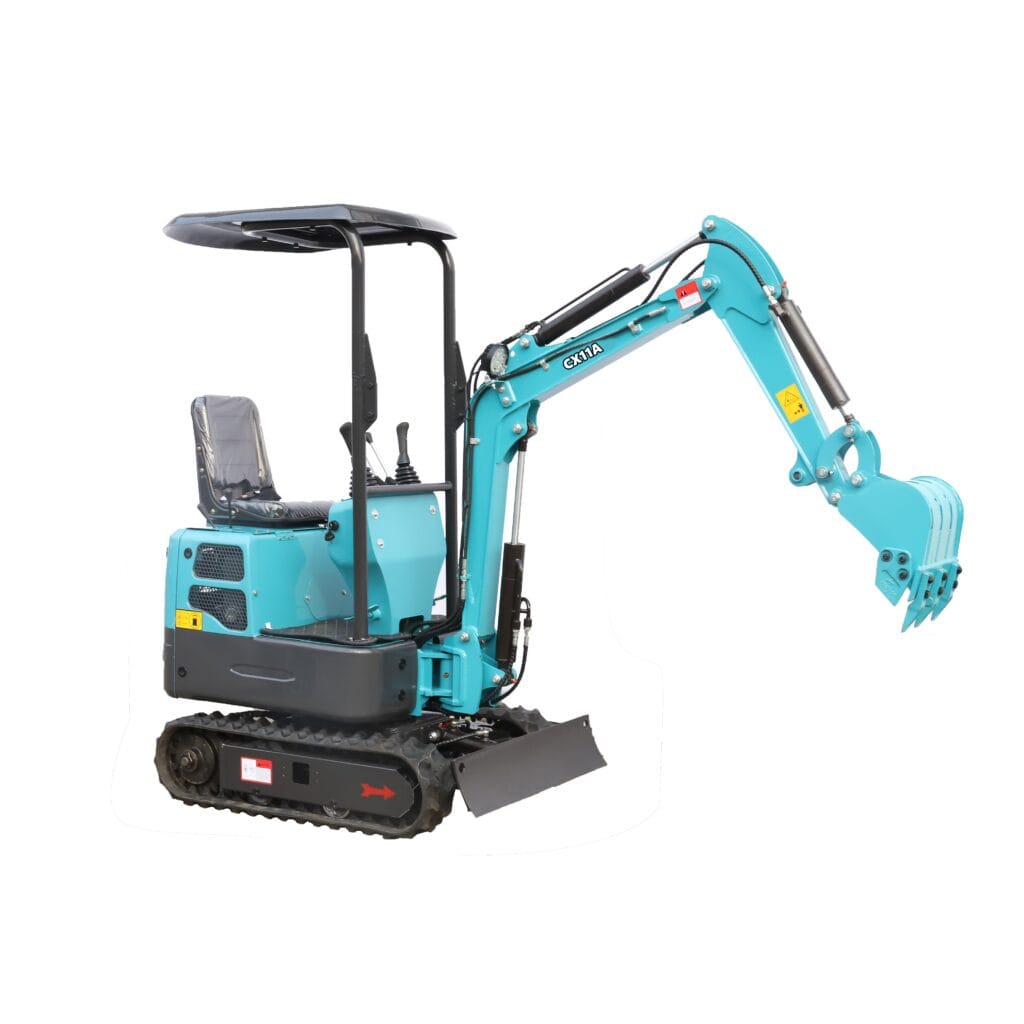Mini Excavators Are the Ideal Equipment for Small Projects.
Mini excavators are ideal for landscaping, agriculture, light construction, renovation, and utility work. Ningbo ACE Machinery brings 29 years of manufacturing experience, backed by a dedicated R&D team, 7 quality control professionals. Our Mini Small Digger models meet the needs of contractors, engineers, and DIYers with consistent quality, competitive pricing, and excellent service—no matter whether the project is a garden landscape in Portugal, home renovation in Germany, or a road marking task in Peru.
The Versatility of Mini Excavators in Construction Applications?
Mini excavators adapt seamlessly to trenching, grading, foundation work, debris removal, and landscaping—combining compact design, precise hydraulics, and broad attachment support. Their small size allows them to work in areas inaccessible to larger machines, such as tight urban environments, backyards, and indoor demolition sites.
With rubber tracks that minimize ground damage, these excavators are suitable for residential areas and landscaping without harming surfaces. Many models include features like zero-tail swing, retractable undercarriage, and auxiliary hydraulic lines, enabling versatility for different applications. Their adaptability is what makes them a top choice for contractors and homeowners alike.



Benefits and Functions of Small Excavators for Personal DIY
These machines offer powerful digging, easy maneuverability, and intuitive controls—making home projects safer, faster, and more cost-effective. With attachments such as augers, grading buckets, and hydraulic breakers, even a first-time user can manage fence installation, tree planting, trenching for irrigation, and digging for utility lines.
Mini excavators offer better precision than manual digging and faster turnaround than hiring laborers or renting multiple tools. Their user-friendly interface and compact footprint mean homeowners can use them with minimal training. As a result, small excavators are transforming how DIYers approach property improvements and home construction.
Is a small excavator worth buying?
Many DIYers and small contractors find that a Mini Excavator Cheap investment quickly pays off. Buying a Mini Excavator Cheap is a smart choice for many DIYers and small contractors. Renting can cost between $200 and $500 each month.
When you buy one, you can use it whenever you want for any project. This saves time and money over the long term. Mini excavators are great for digging trenches, landscaping, building small foundations, setting fence posts, and clearing debris.
They work faster and more accurately than doing the job by hand. They also cause less damage to the ground compared to larger machines or manual digging.
Choosing a Chinese Mini Excavator Crawler can offer excellent value—crawler designs handle soft, uneven ground with ease, while still delivering key features like hydraulic attachments and reliable performance. Given their easy transport—most mini excavators can fit on trailers—and low impact on lawns and driveways, owning one gives unmatched flexibility and reduces delays waiting for rentals.
In addition, purchasing a mini excavator gives DIYers the freedom to schedule work on their terms, without rental time restrictions. It also allows users to get familiar with their own equipment, reducing learning curves and risks of misuse. With an owned unit, there’s no pressure to rush projects, and maintenance becomes manageable and predictable. For resale value, well-maintained mini excavators retain strong secondhand demand, particularly in markets with high construction activity.
With Ningbo ACE Machinery, customers benefit from robust quality control, global logistics, and technical support. The company provides a one-stop purchasing solution for compact construction equipment, including the Best Mini Excavator models suited for both professionals and hobbyists. Their machines are certified to international standards, ensuring durability and safety, making the purchase both practical and economical in developing and established markets alike.

How to operate a mini excavator?
Operating a mini excavator is surprisingly simple and intuitive. Each machine uses hydraulic joysticks for boom, arm, and bucket movement, while foot pedals control travel and swing functions. Beginners should start in a flat, open space to practice basic motions like digging, turning, and reversing safely.
Before operation, always wear PPE—helmet, gloves, steel‑toe boots, and eye protection—and inspect the machine carefully. Check hydraulic lines, fluid levels, track condition, and look for obstacles or underground utilities. When moving, keep the bucket low and close to the ground to maintain stability and visibility. For controlled trenching or grading, use specialized attachments such as grading buckets, augers, or quick couplers.
Electric or hybrid mini excavators—though less common—are emerging as quieter, eco‑friendly options with lower running costs, ideal for noise‑sensitive sites. Training from dealers or rental companies can help new users gain confidence and reduce wear.
Modern models often include digital displays, automatic throttle adjustment, and built-in diagnostics, making maintenance easier. Features like load-sensing hydraulics and adjustable track width enhance both precision and safety. Operating a compact excavator safely also means understanding the working envelope—i.e., the range of motion of the boom and arm—and avoiding overhead obstructions or unstable surfaces. With just a few hours of practice, most users can efficiently manage small construction or landscaping tasks with confidence.

What are the accessories of small excavators?
Mini excavators truly shine thanks to their accessory compatibility.
Standard digging buckets are essential for earthwork. Augers drill precise post holes for fences, planting, or soil testing.
Hydraulic breakers (hammers) handle concrete, stone, and tough surfaces easily.
Grapples and thumbs allow material handling of logs, debris, or demolition waste.
Tilt‑rotators enable angled digging and sloping work with ease. Some models include trenching buckets, grading blades, rippers, or compactors, expanding versatility.
Quick‑attach couplers speed up tool changes and reduce downtime. Investing in quality attachments—particularly for a Budget Mini Excavator or Mini Small Digger—maximizes return by doing more jobs with one machine, eliminating the need for multiple tools or equipment. For homeowners and contractors alike, this flexibility reduces costs and simplifies logistics.
Other popular attachments include ripper teeth for breaking hard ground, backfill blades for leveling soil, and compaction wheels for site preparation. Mini excavators can even support brush cutters and mulchers for land clearing. Buyers should consider the hydraulic flow and compatibility of attachments before purchase to ensure smooth operation. Some brands, including Ningbo ACE, offer attachment packages that suit common construction and landscaping needs, making it easier for customers to hit the ground running.
How to choose the right excavator for your job?
Selecting the right mini excavator starts with defining your project: dug depth, soil type, and frequency of use. For light backyard work or landscaping, a micro or 1–3 ton compact excavator is sufficient. Heavier workloads like foundation digging or demolition benefit from 4–6 ton models with extra power and reach.
Assess terrain: choose crawler tracks for muddy or soft ground—giving greater stability—or wheeled models for speed on paved sites. If space is tight, zero‑tail swing models prevent collisions and allow safer turning within their own footprint.
Compare the Best Mini Excavator options. Chinese Mini Excavator Crawler units often deliver great value, while top brands offer advanced features and better support. Look for reliable after‑sales service, availability of spare parts, and quality certifications. With ACE Machinery’s fast shipping and multilingual support, choosing the right excavator becomes easy and risk-free.
Buyers should also consider transportation and storage. Smaller excavators can often be towed with a standard truck and trailer, offering greater convenience. Check if your property has access routes suitable for the size of machine you plan to buy.
Consider future needs: while a 1.5-ton unit might handle today’s work, a 2.5-ton model may offer better performance for expansion projects. Finally, request videos, photos, and technical specs from suppliers before purchase, especially when buying online or through B2B platforms.





